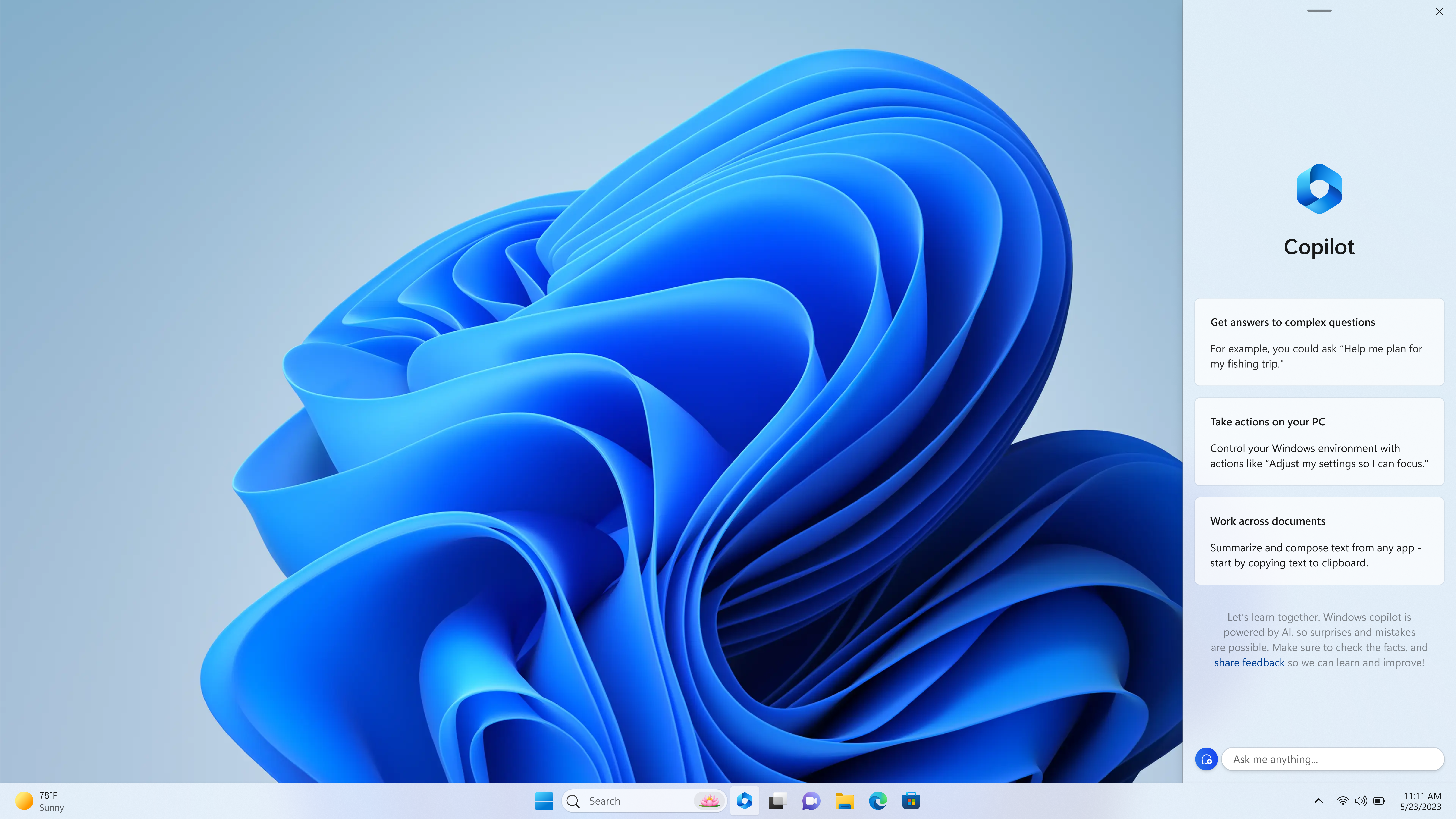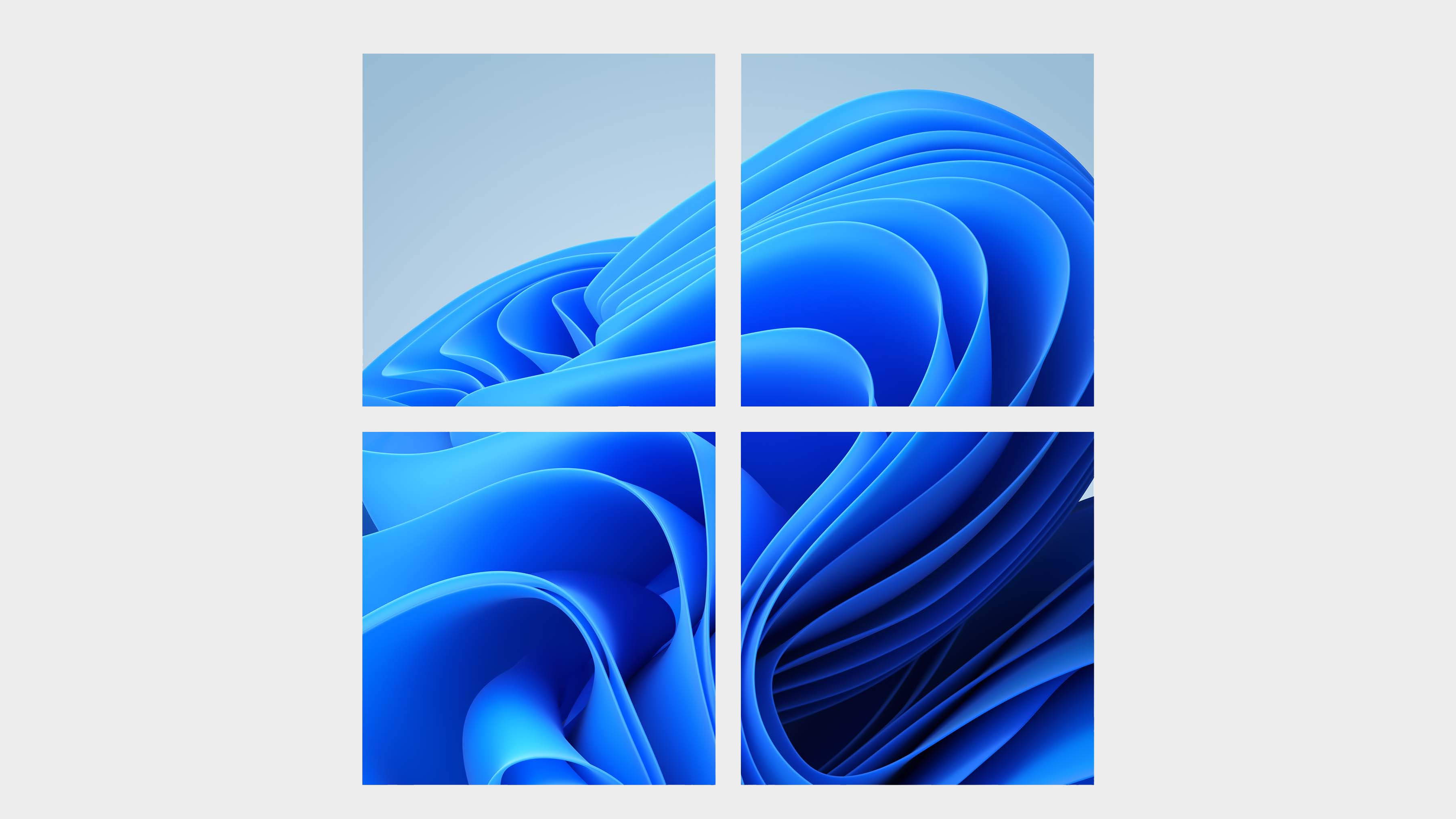Microsoft wants to suck your entire Windows OS up into the cloud
But it probably isn't going to impact gaming PCs any time soon.

Moving Windows increasingly into the cloud is Microsoft's long term aim. So says an internal company document that's been unearthed by the ongoing legal fisticuffs between Microsoft and the Federal Trade Commission over the proposed acquisition of Activision Blizzard.
So, does this spell the end of the PC as we know it? Will we soon be living in a world of so-called thin clients, where your uber PC is reduced to little more than a glorified web browser running on a feeble ARM chip?
It's not hard to imagine the future Microsoft is proposing in what it calls the “Modern Life” consumer space. That future will be all about using “the power of the cloud and client to enable improved AI-powered services and full roaming of people’s digital experience.”
You can see the appeal. Who wants a big, clunking box when your full Windows experience and personal data can float around up in the cloud, seamlessly popping up on any screen you happen to gaze at?
But hang on. Won't someone please think of the latency? And what about gaming when you don't have an internet connection? This is madness, surely?
Don't panic. This supposedly novel glimpse at Microsoft's internal machinations, as highlighted by the Verge, isn't really anything new. Microsoft has long been pushing its software and services into the cloud, as evidenced by the cloud-enabled Office 365 suite of productivity apps and services.
Of course, pushing the whole OS into the cloud is another matter. The Windows 365 cloud service OS already exists for commercial clients. So, the new bit here is shifting that approach into the consumer space.
Keep up to date with the most important stories and the best deals, as picked by the PC Gamer team.

Windows 11 review: What we think of the new OS
How to install Windows 11: Safe and secure install
What you need to know before upgrading: Things to note before downloading the latest OS
Windows 11 TPM requirements: Microsoft's strict security policy
In part, the document indicates that Microsoft sees this as a response to the threat of Chromebooks, which lean heavily on cloud-based Google services. But that Chromebook target is revealing. Because it underlines the kinds of PCs that are likely to float up into the cloud in the foreseeable future. And those PCs won't be high performance rigs.
Very likely, the cloud-based paradigm will only apply to a subset of PC users who want something just one notch up from a smartphone, something to consume social media, browse the web and increasingly access AI services. In other words, do things that are inherently online and for which the need for an internet connection to access the cloud OS itself is a non issue given the whole point of using the device is to be online.
Very likely, we are still a long way off Microsoft attempting to push all Windows instances into the cloud, including those that currently involve significant local compute power or low latency, such as gaming and content creation. That day may come. But it's not worth worrying about right now.

Jeremy has been writing about technology and PCs since the 90nm Netburst era (Google it!) and enjoys nothing more than a serious dissertation on the finer points of monitor input lag and overshoot followed by a forensic examination of advanced lithography. Or maybe he just likes machines that go “ping!” He also has a thing for tennis and cars.

